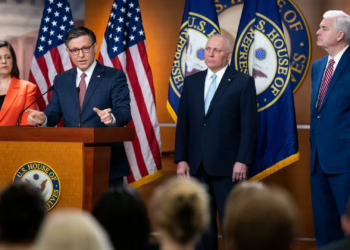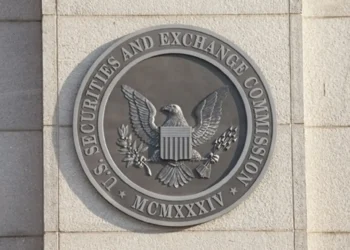Solana validators are preparing for a crucial vote on a proposal that could reshape the blockchain’s monetary policy by introducing a dynamic inflation model. The governance proposal, known as Solana Improvement Document-0228 (SIMD-0228), will be up for a vote at Epoch 743, expected to begin today Friday, March 7, 2025 and through the weekend.
The initiative, spearheaded by Tushar Jain and Vishal Kankani of Multicoin Capital, with support from Max Resnick, lead economist at Anza, aims to replace Solana’s fixed inflation schedule with a flexible system that adjusts token issuance based on staking participation.
Currently, Solana operates under a fixed inflation model, where the annual issuance rate of SOL starts at 4.6% and decreases by 15% each year until it stabilizes at 1.5%. Under SIMD-0228, this predetermined schedule would be replaced by a system that increases or decreases inflation rates depending on how much SOL is staked in the network.
If staking participation drops below 33%, inflation will rise to incentivize more staking, reinforcing network security. Conversely, if staking levels remain high, token emissions would decrease to prevent unnecessary dilution. The goal is to optimize security spending while mitigating long-term inflationary pressures.
The proposal has sparked mixed reactions within the Solana community. Matthew Sigel, head of digital asset research at VanEck, is among those in favour. He argues that the change would align Solana’s monetary policy with real economic activity.
“Maintaining a predictable and low inflation rate can support SOL’s value by reducing dilution and sell pressure,” Sigel wrote in a March 4 post on X. His estimate suggests that if the proposal passes, with current staking levels around 65%, inflation could drop below 1% annually.
However, not everyone is convinced. MetaDAO co-founder Nallok is sceptical. He suggested that dynamic base fees might be a better approach than adjusting inflation based on staking participation. In a March 7 post on X, he warned against making long-term decisions based on short-term validator data.
While acknowledging that lowering inflation “makes complete sense” if Solana is positioning itself for an ETF, Nallok argued that the proposal’s impact should be reduced, stating that the community could always revisit the issue if necessary. He also cautioned that the validator set could shrink over time due to market forces or deliberate network adjustments, urging a broader discussion on sustainable economic policies.
Meanwhile, Solana co-founder and CEO Anatoly Yakovenko voiced his strong opposition to the idea of a U.S. government-controlled cryptocurrency reserve, warning that it could threaten decentralization. In a March 6 post on X, Yakovenko stated that his top preference was no national crypto reserve at all, emphasizing that government control over digital assets could undermine the very principles of blockchain technology.
If you want to read more news articles like this, visit DeFi Planet and follow us on Twitter, LinkedIn, Facebook, Instagram, and CoinMarketCap Community.
“Take control of your crypto portfolio with MARKETS PRO, DeFi Planet’s suite of analytics tools.”




















